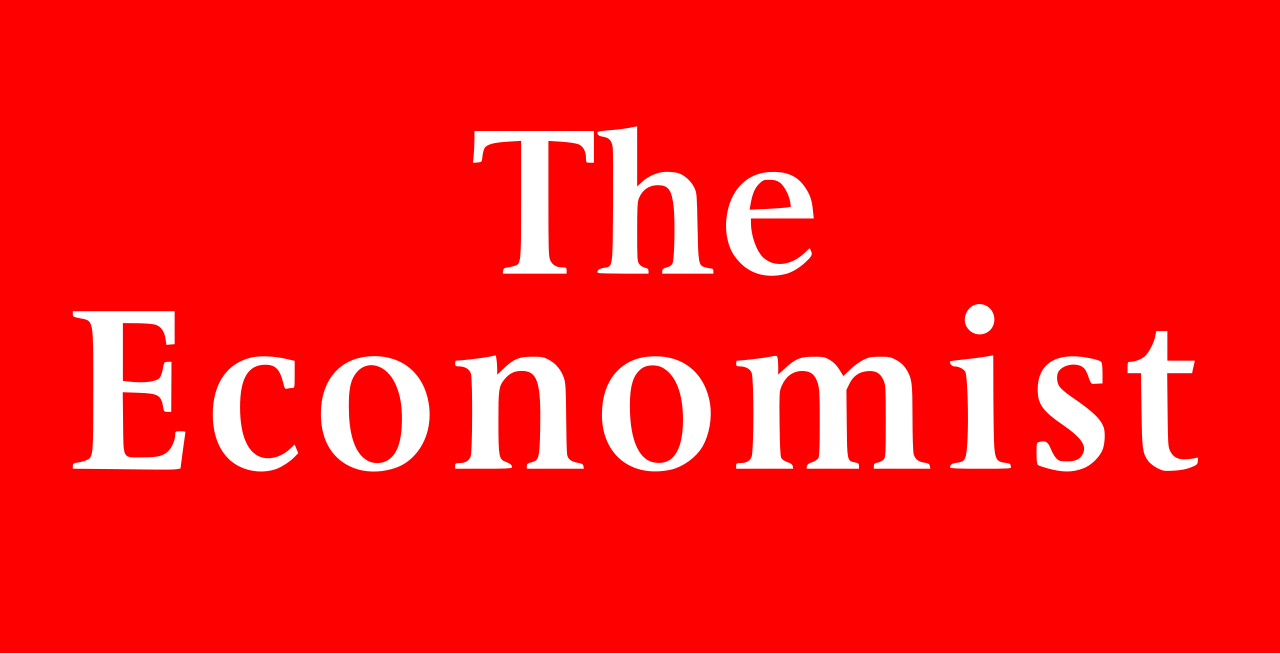The latest Munk Debate between
Steve Bannon and David Frum was a snapshot of where politics are today. If you’ve never seen one I’d recommend this one. Debaters argue for and against global policy. A resolution is posed and
the audience is expected to vote based on the debate they just watched. I think
they host these events a couple of times per year.
The resolution this week “The future of Western Politics is
Populist not Liberal” had Steve Bannon arguing for populism and David Frum
arguing against. It’s probably easier to think of the difference like this,
Trump equals populism and Bush (or Obama) equals liberalism. In other words “liberalism”
is the global order that has defined Western civilization since World War
II. Both ideologies contain adherents of right and left. Populist leaders,
including Trump, have come to power around the globe in recent years, most
recently in Brazil. It’s tough for anyone to draw hard lines around ideologies
without recognizing differences in the countries where they originate. Would
populism in Poland look different than populism in Myanmar? I think it would.
Populism is really just shorthand for throw-out-the ‘ruling class’and start electing people with limited political acumen.
Steve Bannon had his hands full defending Trump and global
populism in general. Bannon’s gripe (and his best argument) has always been the
administrative state, a permanent fixture of our system that is unaccountable. He hates massive trade bills and open borders because they wreck sovereignty
and treat the democratic process like a joke. He pretty much explained that
position to the audience and got a few claps, mostly boos and heckles though.
Frum argued for traditional liberalism with its respect for alliances, loose
borders and international treaties. David is a smart guy; he is used to being
on TV so he is very articulate and understands global trade and tariffs. This
was a home crowd for him in Toronto. He took some usual shots at Trump and his
lack of expertise or skill.
He obviously thinks Donald Trump is ill equipped for the job
and played to the crowd who agreed with him. What he misses is that he is
pretty much the embodiment of what a lot of Americans don’t like about their ‘betters’
in Washington. He is part of a professional class that typifies Steve Bannon’s administrative
state--highly educated, networked in the same social circles, all thinking
along the same track, all swearing allegiance to same international forums,
organizations, confabs, and summits. The locus of power keeps moving further
out of reach of the American people to a bureaucratic cabal.
It isn’t resentment, it’s just the truth.
Where Steve is frumpy
and passionate, David is polished and glib. Their difference personifies the
positions they took.
David took a few cheap shots at Trump supporters and their
supposed racism and xenophobia, suggesting blacks were being kept from voting
and that George Soros is reviled because he is Jewish. I think Frum knows this
is just nasty point scoring with the audience.
As for me I would have voted for the resolution. I don’t
like populism but I do think there is a creeping classism sneaking into the US
that is foreign to the country. We’ve always had a vibrant middle class and a
meritocratic system of upward mobility. Ok, it wasn’t good for African
Americans until recently but hard work equaled better opportunities not better
status. We don’t have an aristocracy, we’re too young. Fortunately we still do
have a vibrant middle class but with a massive administrative state we lose the
ability to determine our destiny. Unprotected borders damage sovereignty and
suggest that the duly elected government isn’t concerned about your safety or
how much money is spent on welfare schemes. If it’s true in the U.S. I imagine
it’s true in Europe as well.
I can say all of that and still think Steve Bannon is
probably a nasty guy. He isn’t a racist just because he’s mean to his opponents
though. He doesn’t hate Muslims because he restricted immigration from
countries with internal terrorism problems. It’s also telling that the
protesters who wanted to shut down the very civil debate, wanted to do so on
the basis that Steve would be there.In a free country (Canada) protesters thought a pro-national
sovereignty guy was beyond the pale. Is there a better example of why we need
more speech and not less?
Populism of the Steve Bannon/Donald Trump variety is
probably a short term trend anyway. David Frum is right to be skeptical of
global populism. The danger inherent is the ‘Us versus Them’ dynamic used to
throw out ‘undesirables’ whether Jews in Russia or Rohingyas in Myanmar. But
the other danger is letting an unelected class of ‘professionals’ run the
affairs of the state and take away all sovereignty. There is a reason the
British left the European Union, the Brazilians elected Bolsonaro, and the US
elected Trump. I don’t know if it constitutes populism but citizens of those
countries decided the global order didn’t have their interests’ at heart.
There was a technical glitch in the voting results at the
end of the night. Steve Bannon supposedly won by a good margin (57%) despite
starting off the night less than 30%. The true results were close to what they
had been at the beginning of the night. Winning isn’t really the point of the
debates. It’s to get current ideas and issues out in the open. Free speech is
wonderful thing.
Whatever side of an issue people come down on, it’s still
possible to argue and agree in a free society.





